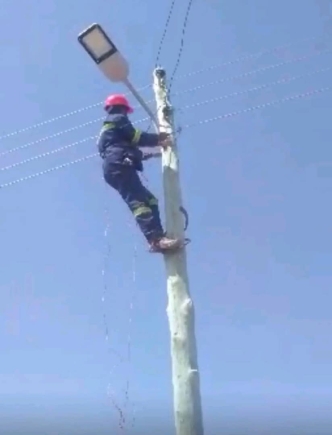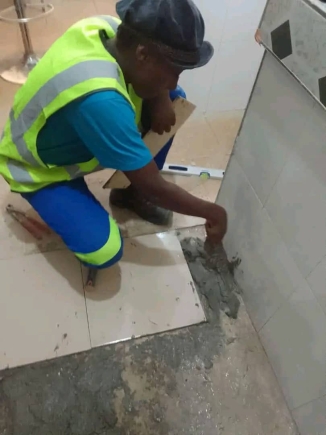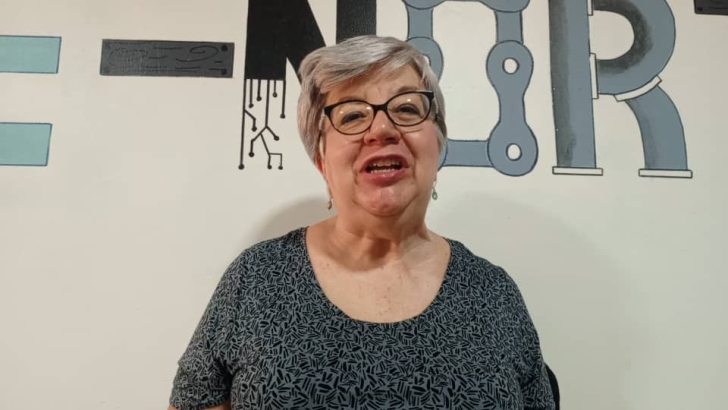
Women in northern Ghana breaking male dominated trade barrier
While entrepreneurship is widely recognised as a key solution to Ghana’s unemployment crisis, gender stereotypes continue to confine women to trades traditionally deemed suitable for them.
However, the Women’s Economic Empowerment in Northern Ghana (WEE-NORTH) project, funded by Global Affairs Canada and implemented by the Alinea Foundation, is challenging these norms by encouraging young women to venture into male-dominated fields.
Electrical installations, Mechanics, welding, tilling, plumbing construction, and carpentry are but a few trades considered to be a preserve for the men. But these are the exact trades the organization is empowering women to venture into.
On Thursday, October 4, four young women from the Sissala East (Tumu), Lambussie, and Gushegu districts in the Northern Region celebrated a significant milestone as they graduated from the Ghana Energy Commission, becoming certified electricians. Wudzie Gloria, Kubra, Fathia Nkakene, and Haria Amadu have earned their licenses to practice in both domestic and commercial electrical sectors. Gloria, Kubra, and Fathia were awarded Domestic licenses, enabling them to handle electrical installations, maintenance, and repairs in residential settings. Haria Amadu, however, secured a Commercial license, qualifying her to work in more complex commercial environments.

These four women are part of the 510 young women trained and empowered by WEE-NORTH in electrical installations and maintenance. Of this group, 38 pursued further certification with the Energy Commission Certification Examination and passed successfully, while the rest graduated with a Proficiency 1 certificate from the TVET.
As part of the Ghana Energy Commission's Domestic and Commercial Electricians Program, these women are now certified to legally operate in the electrical industry, adhering to safety and regulatory standards. They are also equipped with starter kits and have become members of the Certified Electricians Association in their respective regions, integrating them into the professional electrical community.
Fathia Braimah Nkakene, a 26-year-old certified electrician from WEE-NORTH’s cohort 5, shared her story with Graphic Online. “I was born in Suke, a community in the Lambussie District of the Upper West Region. Growing up, we didn’t have access to electricity, and I saw firsthand the discomfort it brought to my family. That’s why I chose to study electrical engineering at Dr. Hilla Limann Technical Institute. I took my studies seriously, and today, I’m proud to be a certified electrician with a personalized stamp from the Energy Commission.”

Fathia provided electricity to her home for the first time after 26 years of living in darkness, following her training. She now serves as the Chairperson of the Lambussie Women’s Economic Empowerment Group, where she advocates for tradeswomen and encourages more women to enter industrial trades. She dreams of gaining further certifications in electrical engineering and establishing the largest electrical company in Lambussie.
Similarly, Haria Amadu, a mother of one from Gushegu who earned a Commercial license, never envisioned herself in a male-dominated field. Currently a casual worker with the Gushegu Volta River Authority, she said, “Anytime I go to the field, people are excited to see me climbing poles because some have never seen a woman doing this work. Now, I can wire a three-bedroom house, a four-bedroom house, a warehouse, and even a factory.”
Haria encouraged other women to seize opportunities in the electrical sector, highlighting that it could help them avoid unproductive activities in their communities.

Dr. Nancy M. Drost, Field Manager at WEE-NORTH, congratulated the graduates, expressing pride in their achievements. She emphasized that through the WEE-NORTH project, in 2021 over 2,065 young women across 55 districts in Northern Ghana have been trained in 12 different industrial trades. Dr. Drost also announced the commissioning of the first-ever Secretariat for women artisans in Northern Ghana, which will serve as a hub for tradeswomen to access tools, training, and contract negotiations.
She urged women to pursue industrial trades beyond traditional fields like tailoring and hairdressing, to embrace technology, and to adopt a lifelong learning approach. “My encouragement is for tradeswomen to continue striving to change the narrative and pave the way for more women in industrial trades,” Dr. Drost said.
This achievement marks a significant step toward breaking gender barriers in male-dominated industries, offering hope and inspiration to young women across the country.
